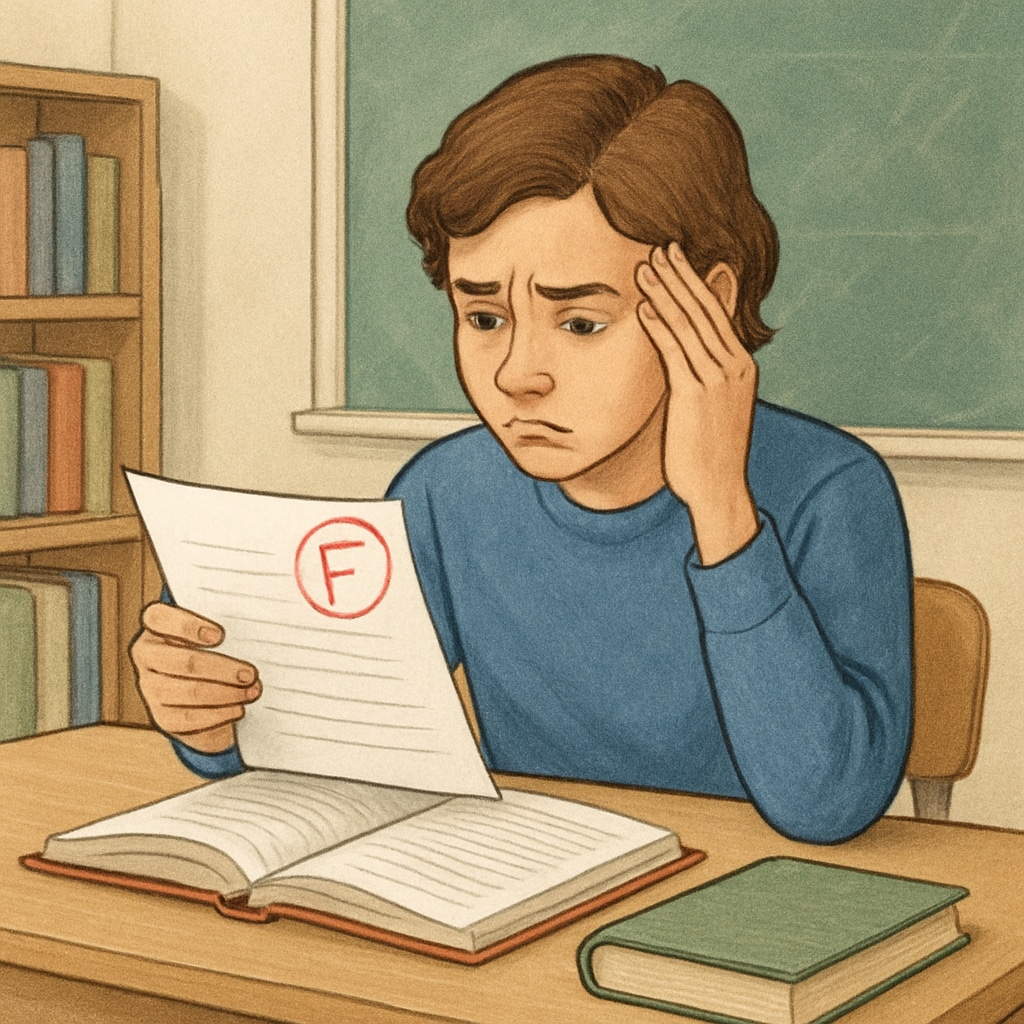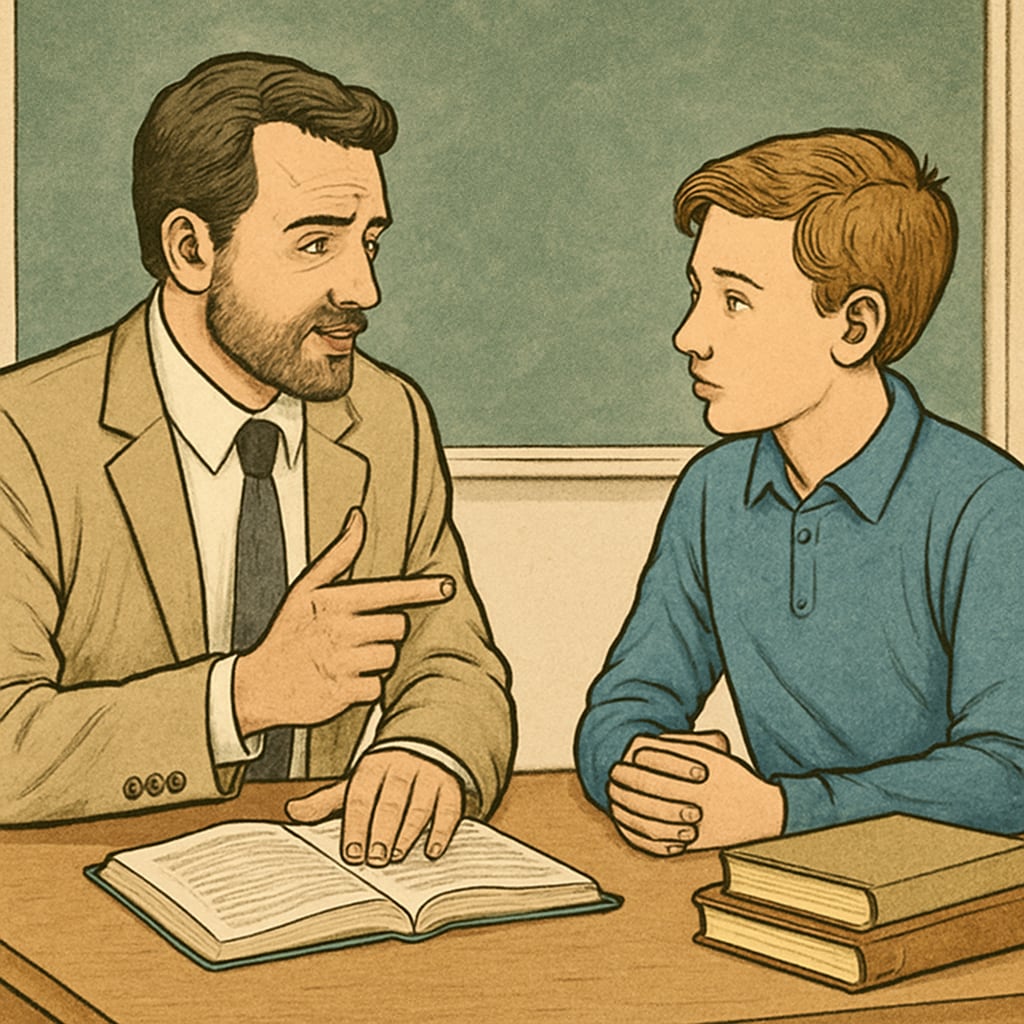For students, navigating the complex landscape of academic appeals, teacher misconduct, and grade disputes can feel daunting. Instances of perceived unfair evaluations often lead to frustration, anxiety, and a sense of helplessness. While academic institutions typically provide mechanisms for students to voice concerns, these systems frequently fall short, leaving students without the support they need to address their grievances effectively. This article examines the issues surrounding academic appeals, highlights the shortcomings of current processes, and suggests actionable steps toward a fairer and more transparent academic evaluation system.
Understanding the Problem: The Reality of Unfair Academic Evaluations
Unfair academic evaluations can arise from a variety of factors. Teacher misconduct, such as bias or negligence, and systemic flaws in assessment frameworks are common culprits. For example, a teacher’s personal bias against a student or inconsistent grading standards can lead to disputes over grades or academic performance. Similarly, unclear evaluation criteria or inadequate communication about expectations can exacerbate these issues.
For many students, the consequences of these disputes go beyond academic records. They can impact self-esteem, mental health, and even future opportunities. According to a report by Britannica, unresolved academic grievances can hinder a student’s development and foster distrust in educational institutions. This makes it vital to address the root causes of unfair evaluations and to provide students with effective recourse mechanisms.

Barriers to Resolution: Why Academic Appeals Often Fail
While most schools have formal academic appeal procedures, these systems are often riddled with barriers. Common issues include:
- Lack of transparency: Many institutions fail to clearly outline the steps involved in an appeal or the criteria for overturning a decision.
- Power imbalance: Students may feel intimidated when challenging decisions made by teachers or administrators, fearing retaliation or further bias.
- Inadequate support: Limited access to resources, such as student advocacy groups or legal guidance, can leave students ill-prepared to navigate the process.
- Time constraints: Strict deadlines for filing appeals can prevent students from gathering sufficient evidence or articulating their case effectively.
Additionally, cultural and societal norms often discourage students from speaking out against perceived injustices, further complicating the appeal process. As a result, many students remain silent, enduring the consequences of unfair evaluations without resolution.

Building a Better System: Recommendations for Reform
To foster a more equitable academic environment, educational institutions must prioritize transparency, accountability, and student empowerment. Here are some recommendations for improving the academic appeals process:
- Clear guidelines: Establish comprehensive, accessible documentation that outlines the appeal process, including timelines, required evidence, and decision-making criteria.
- Neutral oversight: Create independent review committees composed of unbiased faculty members, administrators, and student representatives to evaluate appeals impartially.
- Support systems: Provide students with access to trained advocates, counselors, or legal experts who can guide them through the appeal process.
- Regular training: Offer professional development for teachers and administrators on fair assessment practices, bias reduction, and effective communication.
- Feedback loops: Implement mechanisms for students to provide anonymous feedback on the appeals process, enabling continuous improvement.
For institutions looking to model best practices, the concept of restorative justice in education, as detailed in this Wikipedia article, offers valuable insights. By focusing on dialogue, mutual understanding, and accountability, restorative approaches can help rebuild trust between students and educators.
Conclusion: Empowering Students and Ensuring Fairness
The challenges associated with academic appeals, teacher misconduct, and grade disputes highlight a critical need for systemic reform within education. By addressing the flaws in current processes and fostering a culture of fairness and accountability, institutions can empower students to advocate for their rights without fear of retaliation. Ultimately, a transparent and supportive appeal system benefits not only students but also educators and the broader academic community, paving the way for a more equitable future.
As we strive to create environments where every student feels heard and valued, it is essential to break the silence surrounding academic grievances. Only then can we ensure that education fulfills its promise of fostering growth, fairness, and opportunity for all.


